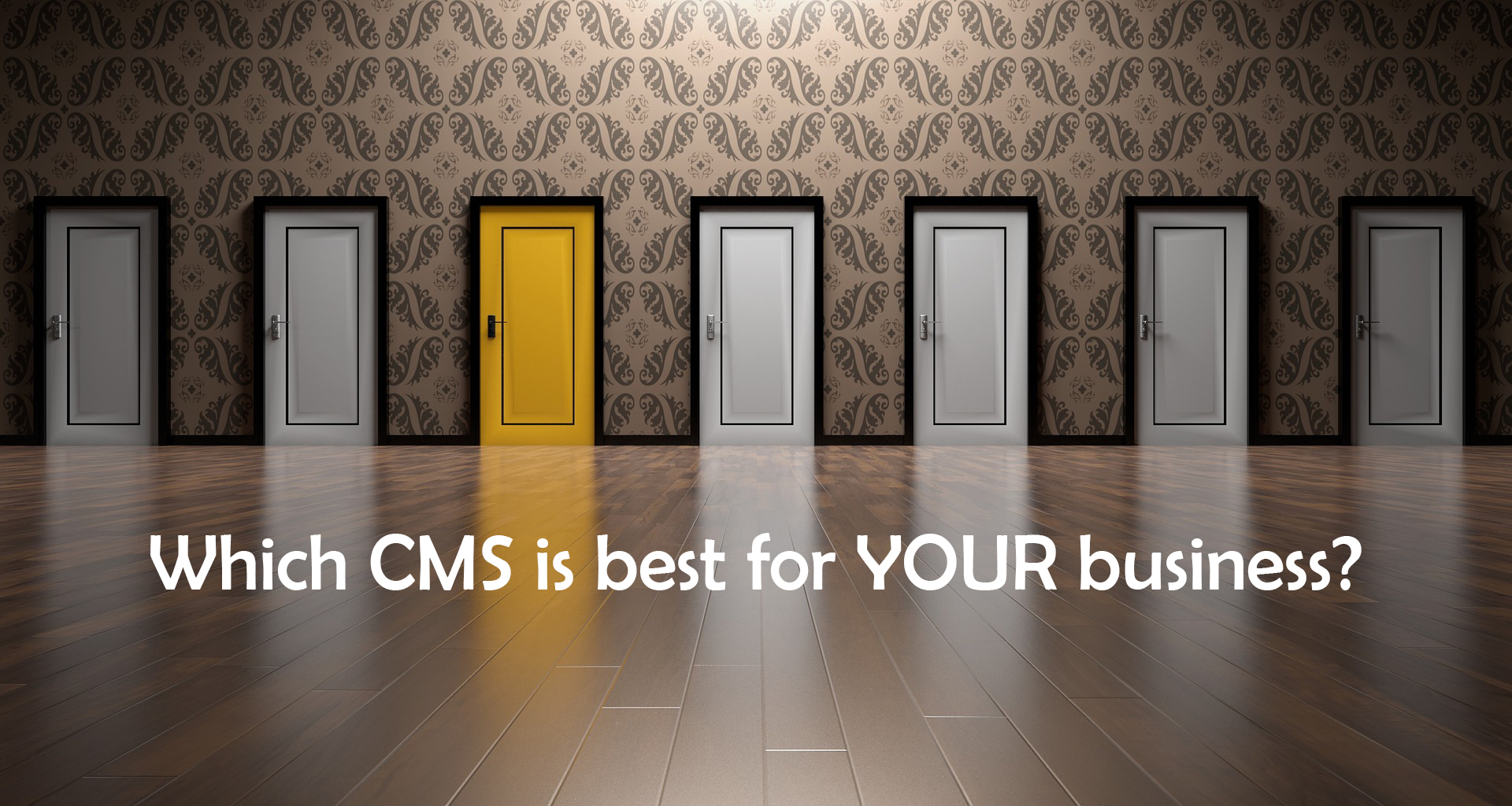Becoming a digital-first company is now vital to remain competitive. Therefore, it’s essential for your business to become an expert at content management with a platform that enables you adapt to ever-changing technology, remain agile, and provide fantastic customer experiences.
Here are four most important factors to consider when selecting a content management system (CMS).
Consumers desire personalised experiences
With digital technology, consumers have become used to convenience, options, and instant, individualised service. People are now insisting on more than a product. They are looking for an experience where your business understands who they are, what their past is with you, and what they may require.
Your CMS must have the ability to combine all their connections with you, no matter if via your website, mobile apps, or face to face, so you're able to predict their requirements and offering them a direct path to obtaining what they need.
Technology is continuously improving and becoming more elaborate
Developments in automation, personalisation, AI, and machine learning are essentially remoulding the marketing place. Simultaneously, individuals are integrating more technology into their lives, with voice assistants, wearable tech, and the Internet of Things.
With technology changing at a mind-blowing rate, it is advisable to consider a CMS that’s versatile enough to change together with it. By doing this, you can easily record, evaluate, and gather insights from the practically limitless levels of data they generate.
Understanding data is the secret to connecting with clientele
Every business owner these days have a substantial amount of data on hand. Decoding what that data is informing you and employing it to perfect your digital content and marketing strategy, are important aspects to effective campaigns.
A CMS with robust analytics properties will help manage data AND make sense of it. You'll have the ability to recognise how your visitors engage with your content, what's inspiring them, what their buyer journey looks like, and first and foremost, how to present the ideal message to them at the best time.
Coordinating content and context is critical for e-commerce
The days of static brochure websites and impersonalised purchase experiences are behind us. Awesome content experiences are becoming crucially connected with the numerous ways businesses sell and individuals purchase products and services.
Your CMS must be able to keep close track of how visitors are consuming your content at each stage of their buyer journey, to present the ideal offers with the right context, through the transaction.
The ability to allow for more ambitious digital experiences is an integral ingredient of any effective CMS.
5 Steps to selecting a CMS platform
1 Ask for internal feedback
A new CMS is a serious investment that impacts many different parts of your organisation, so it is important to ensure that you have input and "buy-in" from principal stakeholders. Put together a diverse CMS selection committee and expect to hear a variety of contrasting viewpoints. Marketing will be keen to boost content production, whilst IT may wish to carry out systematic risk mitigation.
Obtain the support from as many senior business executives possible to move the project through. See to it that they understand precisely why a new CMS is essential to the company’s long-term results.
2 Analyse your current and foreseeable business requirements
As a team, determine how you would use your new CMS. Ask yourselves questions such as:
- Are you attempting to drive considerable growth in website traffic?
- Just how many channels would you like your content on, and what foreign language requirements?
- Should the CMS accommodate your business's current tech stack?
- What future features needs might you have?
3 Select an implementation partner
If your organisation doesn’t have an in-house development team, you'll need to work with an implementation partner or agency. They may help you select a CMS and make certain it satisfies the wider digital strategy.
4 Compile a shortlist and do some research
Research potential platforms and ask your implementation agency for assistance. However additionally, it is crucial to ask the actual ask users of each CMS you’re evaluating. Speaking to a business that’s comparable in size and needs to yours about their CMS will offer invaluable knowledge into how the solution may work for you.
5 Consider CMS provider answers
Prior to making a final decision, look at the number one vendor and evaluate how they satisfy your technical, operational, and business needs for a CMS. Contemplate how much support and training each supplier offers, and if there's a dynamic developer community to make sure the system will be applicable and versatile for your needs.
Get demonstrations from the suppliers on your shortlist and prepare yourself to ask them challenging questions to substantiate precisely what each system is capable of. Figure out how the CMS integrates with other systems and if it's scalable. The solution must be capable of growing with your business.
A word or warning
This undertaking to evaluate the best CMS is going to require time. Think months, not weeks. Don't hurry and be mindful about your conclusions. Obtaining the ideal CMS will be tremendously worthwhile eventually.




